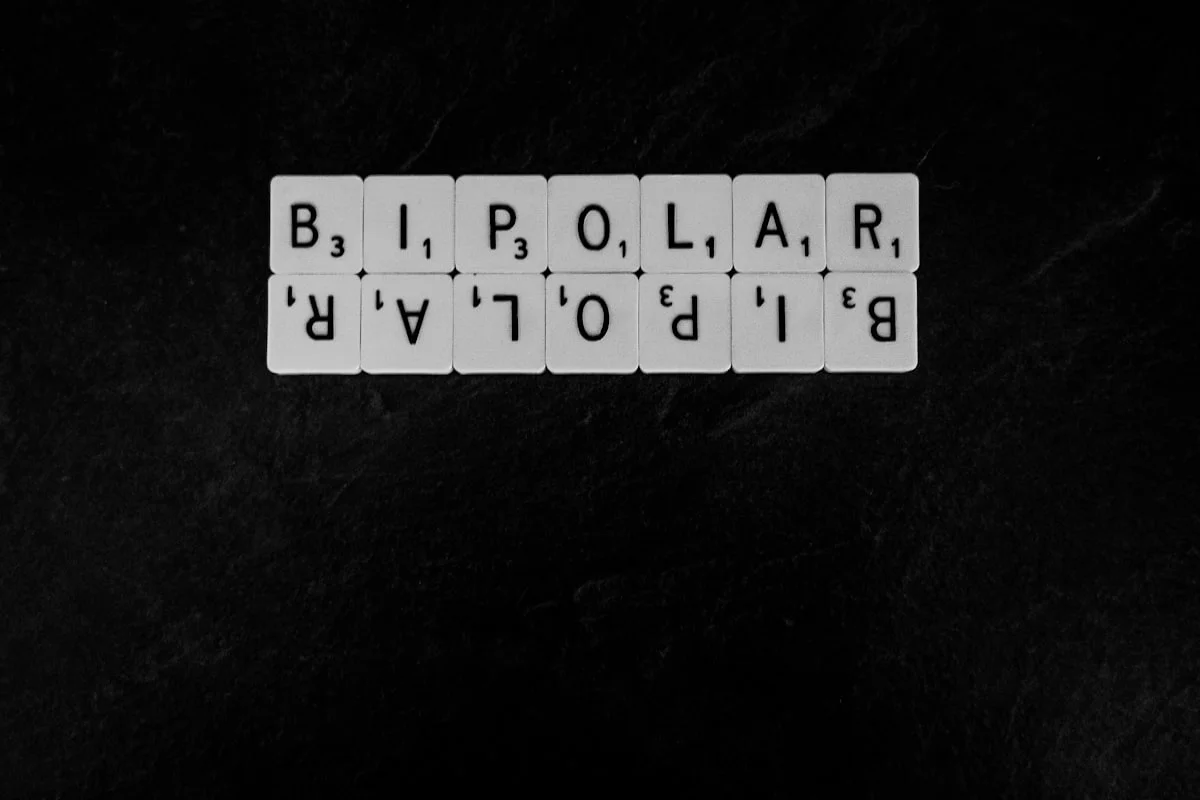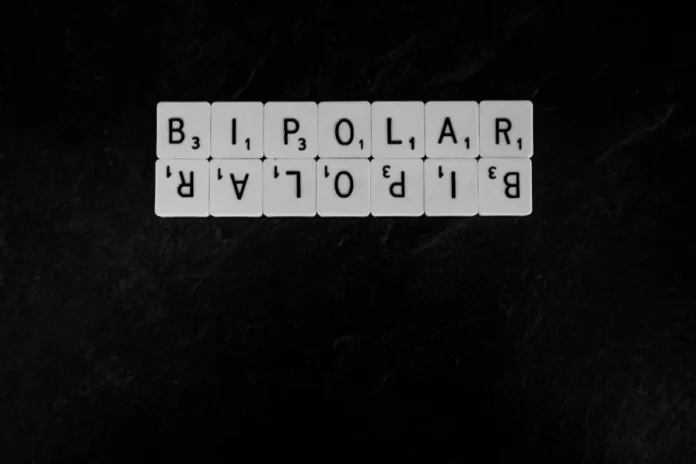“`html
Understanding Caplyta for bipolar 2 Disorder
Bipolar 2 disorder is a mental health condition characterized by episodes of depression and hypomania, a less severe form of mania. Managing this condition often requires a combination of therapy and medication. One of the newer treatments available is Caplyta (lumateperone), an antipsychotic approved by the FDA for bipolar depression in adults. If you or a loved one is considering this medication, understanding Caplyta reviews for bipolar 2 can help in making an informed decision.

What Is Caplyta and How Does It Work
Caplyta is an atypical antipsychotic that works by modulating dopamine and serotonin receptors in the brain. Unlike some other antipsychotics, it has a unique mechanism of action, which may contribute to its efficacy and tolerability. It was initially approved for schizophrenia but has since been recognized as a viable option for bipolar depression, particularly in bipolar 2 disorder where depressive episodes are more frequent and prolonged.
Many individuals with bipolar 2 struggle to find a medication that effectively manages their symptoms without causing significant side effects. Caplyta has gained attention for its potential to alleviate depressive episodes while maintaining a relatively favorable side effect profile compared to older antipsychotics.
Effectiveness of Caplyta for Bipolar 2
Clinical trials have demonstrated that Caplyta can significantly reduce symptoms of bipolar depression. In studies, participants taking Caplyta reported improvements in mood, energy levels, and overall functioning compared to those on a placebo. These findings are promising for individuals who have not responded well to other treatments.
User reviews and real-world experiences also provide valuable insights. Many people with bipolar 2 disorder report that Caplyta has helped stabilize their mood and reduce the severity of depressive episodes. Some note that the medication works relatively quickly, with improvements often seen within a few weeks. However, as with any medication, individual responses can vary.
Common Side Effects of Caplyta
While Caplyta is generally well-tolerated, some users experience side effects. The most commonly reported ones include drowsiness, dizziness, dry mouth, and nausea. These side effects are often mild and tend to diminish over time as the body adjusts to the medication.
Less common but more serious side effects may include weight gain, increased blood sugar levels, and movement disorders such as tardive dyskinesia. It’s important to discuss these risks with a healthcare provider before starting Caplyta, especially if you have a history of diabetes or other metabolic conditions.
Comparing Caplyta to Other Bipolar Medications
When evaluating Caplyta reviews for bipolar 2, it’s helpful to compare it to other medications commonly prescribed for this condition. Traditional mood stabilizers like lithium and valproate have been used for decades, but they often come with significant side effects and require regular blood monitoring. Atypical antipsychotics such as quetiapine (Seroquel) and lurasidone (Latuda) are also prescribed, but they may cause sedation or metabolic issues.
Caplyta offers an alternative with a different side effect profile. Some users find it more tolerable than other antipsychotics, particularly in terms of weight gain and sedation. However, it’s essential to work closely with a psychiatrist to determine the best treatment plan, as what works for one person may not work for another.
Real-World Experiences with Caplyta
Personal testimonials from individuals taking Caplyta for bipolar 2 disorder provide a nuanced perspective. Many users appreciate that the medication helps them feel more stable without the emotional blunting sometimes associated with other antipsychotics. Some describe a gradual but noticeable lifting of depressive symptoms, allowing them to engage more fully in daily life.
However, not all experiences are positive. A small percentage of users report minimal improvement or difficulty tolerating side effects. This variability underscores the importance of personalized treatment and ongoing communication with a healthcare provider.
Tips for Starting Caplyta
If you and your doctor decide that Caplyta is a good option for managing bipolar 2 disorder, there are several steps you can take to optimize your experience. Starting with a lower dose and gradually increasing it can help minimize side effects. Keeping a mood journal can also be beneficial in tracking changes and discussing them with your doctor.
It’s crucial to attend follow-up appointments to monitor the medication’s effectiveness and any potential side effects. Never discontinue Caplyta abruptly, as this can lead to withdrawal symptoms or a recurrence of depressive episodes. Always consult your healthcare provider before making any changes to your treatment plan.
Final Thoughts on Caplyta for Bipolar 2
Caplyta represents a newer option in the treatment of bipolar 2 disorder, offering hope for those who have struggled with other medications. While reviews are generally positive, individual experiences vary, and it may take time to find the right dosage and combination of therapies. Consulting with a mental health professional is the best way to determine if Caplyta is the right choice for you.
If you’re considering Caplyta, take the time to research, ask questions, and weigh the potential benefits against the risks. Mental health treatment is highly personal, and what works for one person may not work for another. With the right approach, however, many individuals with bipolar 2 disorder find relief and improved quality of life through medications like Caplyta.
“`



